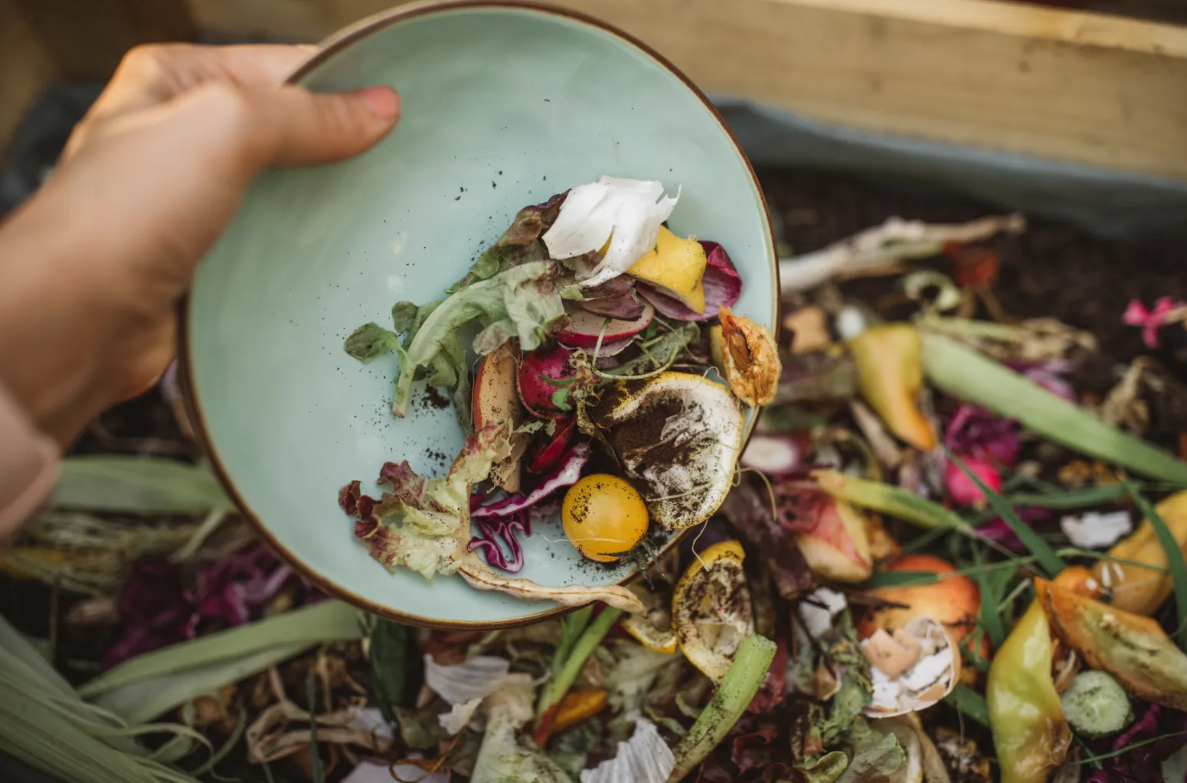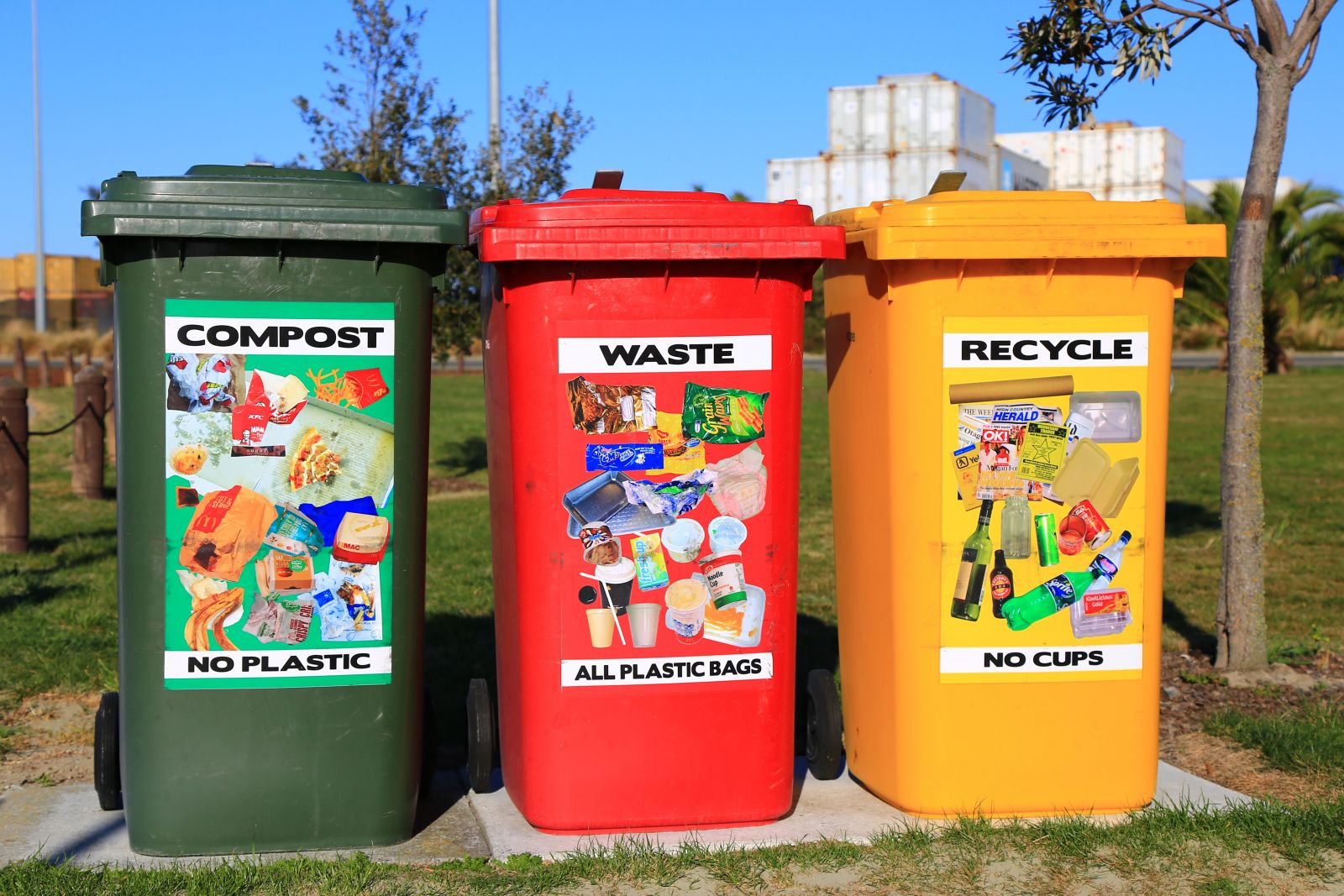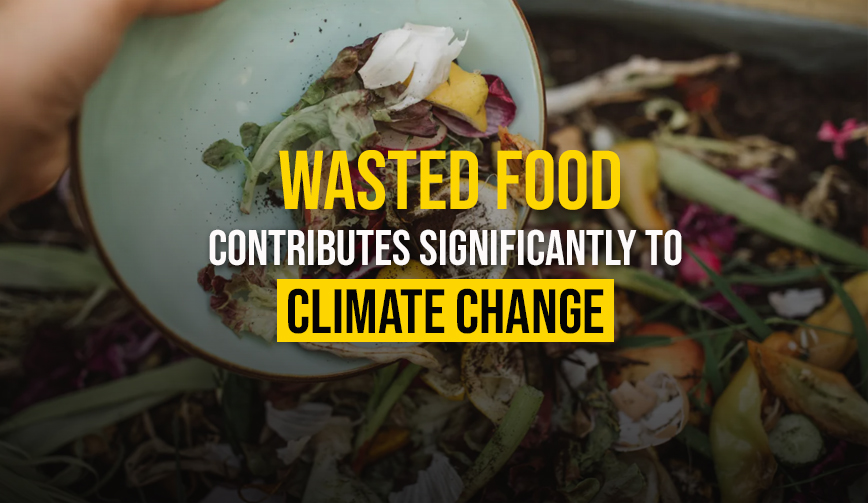When referring to "food waste," many people may think the term refers mainly to leftovers from cooking or consumption. However, food waste occurs at every stage, from farming to processing, distribution, preparation and finally consumption.
There are two primary categories of food waste. First, Food Loss refers to food that is lost at the beginning of the food chain through agricultural and manufacturing operations. Products that are abandoned due to low quality, for instance, cannot be marketed. The second category is Food Waste, which refers to waste at the end of the food chain created by retailers and customers, such as leftover food from eating, expired food and excess food from restaurants.

The Food and Agricultural Organization (FAO) estimates that approximately 1.3 billion tons of food are wasted annually on a global scale. Thailand is rated fifth in the world for the amount of waste it produces with the potential for 4,284 metric tons of food waste produced every single day. These wastes are disposed of in landfills or through open-air disposal. As daily waste accumulates, it becomes source of offensive smells and breeding ground for germs. Rotting waste also emits methane, a 25-times more potent greenhouse gas than carbon dioxide, which raises surface warming.

As a food manufacturing company, Ajinomoto (Thailand) Co., Ltd. that has its affect on the food production chain, it is aware of the problems that arise and has therefore implemented the 3R principle - Reduce, Reuse, Recycle - as a resource management approach that can efficiently control every production process of every product. This begins by using raw materials cost-effectively and for maximum benefit to reduce food loss and waste as much as possible as well as recycle as much as it can. In the fiscal year 2022, Ajinomoto (Thailand) Co., Ltd. was able to minimize food loss and food waste by 43%, or 843 tons, in line with its goal of 50% reduction by 2025.
In addition to production, Ajinomoto encourages employees at all levels to participate in reducing food waste by educating and raising environmental awareness through ISAVE & GREEN OFFICE activities and campaigning for all employees to eat all food they take as well as separating waste into the appropriate categories to reduce contamination and facilitate disposal. Whenever possible, food waste be utilized to produce beneficial byproducts such as fertilizer and animal feed.

These are just a few of the activities Ajinomoto Co., Ltd. is committed to as part of its mission to assist in the resolution of social issues and to create value via its commercial operations. The company aspires to engage in a variety of endeavors with the goal of contributing to the world's enduring viability. You can view further positive company actions at www.ajinomoto.co.th.
It's relatively simple to save our world. You can begin now as Ajinomoto has begun. Start by consuming all the food you take and not wasting any to reduce social burdens and generate global sustainability.

























































































































































































































































































































































































































































































































































































































































































































































































































































































































